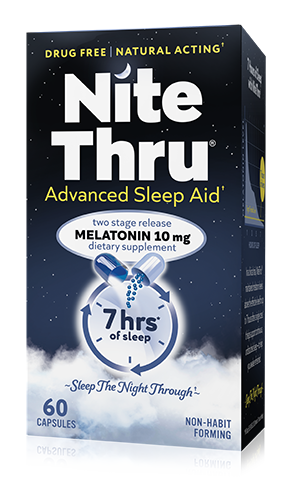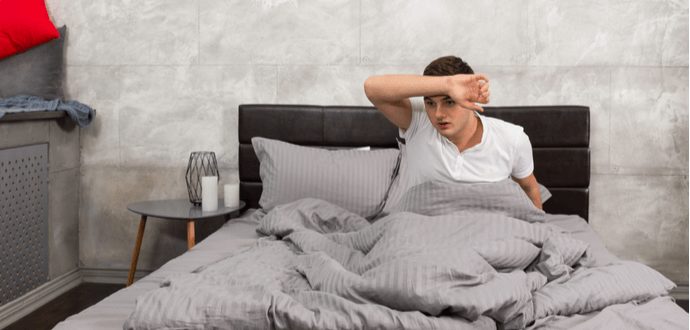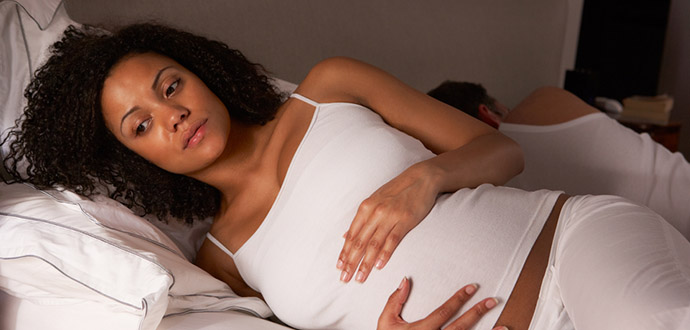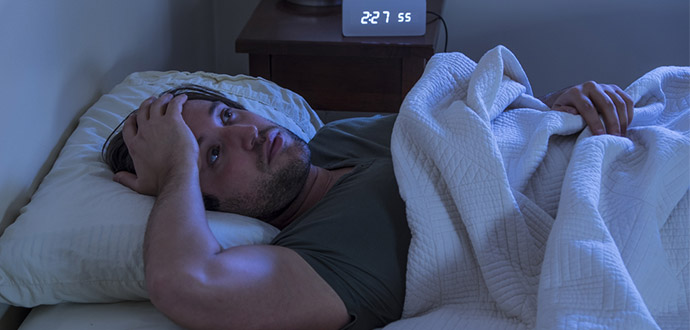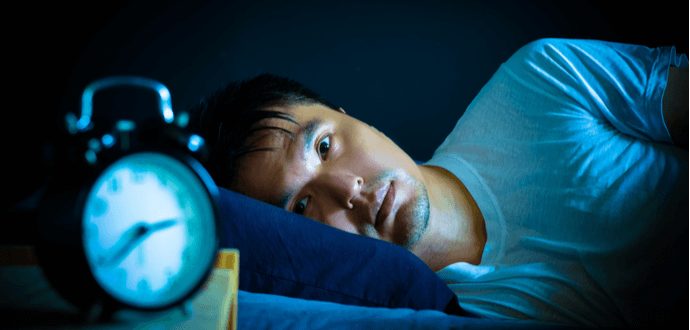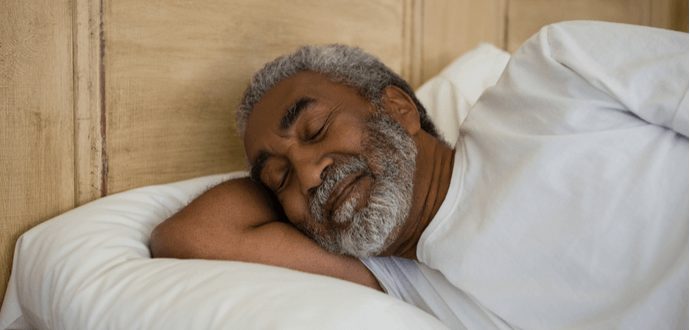Sleep and Eating: How Diet and Specific Foods Can Cause Sleeplessness
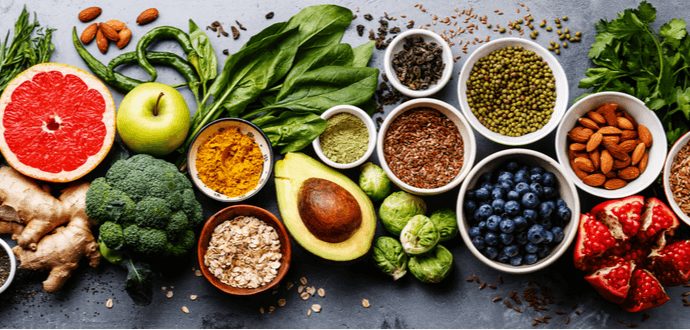
There are many factors that affect how a person sleeps at night, including stress, chronic medical conditions, the surrounding physical environment, and the quality of nutrition. There is a correlation between diet and sleep because certain foods are beneficial for sleep, while other foods can prevent the body from entering a state of rest. Meanwhile, the time in which a person eats throughout the day and in the evening can affect how long the body takes to fall asleep and the person’s quality of sleep.
Here is some information about how sleep and eating are connected and how to improve sleep through healthy and well-timed nutrition.
The Connection Between Sleep and Eating
Not only does what a person eat affect sleep, but the quality of sleep one gets also influences eating habits throughout the day. This is because the human body relies upon a circadian rhythm to regulate metabolism, optimize energy, and carry out various functions. When the body’s circadian rhythm is disrupted, sleep disorders and other adverse health conditions can occur. Furthermore, when individuals do not get the sleep they need to function well, they are more likely to overeat, binge eat, and make unhealthy food choices.
Foods That Prevent Sleep
Foods and beverages that contain caffeine are the most obvious dietary choices that can lead to sleeplessness. However, there are many other foods that prevent sleep as well. For example, foods that are high in fat can cause heartburn and indigestion, thereby making it more difficult to sleep. Spicy foods can have a similar effect on the body and should be avoided before bedtime. It is also recommended to eat smaller dinner portions to allow the body to fully digest the meal before attempting to sleep. Foods that prevent sleep and to avoid before bed include french fries and other fatty foods, chocolate, and red meat. Foods that promote good sleep include dairy products, honey, crackers, and relaxing herbs like chamomile and peppermint.3
The Timing of Eating at Night and Sleep
Eating at night and sleep are also interconnected because late, heavy meals can disrupt digestion. This is especially true for individuals who commonly suffer from heartburn or acid reflux. However, it is not necessary to go to bed on an empty stomach because feeling hungry may keep a person awake as well. Choose light snacks, such as a bowl of low-sugar cereal or yogurt, at least an hour before bed to avoid sleeplessness.
How to Improve Diet and Sleep
Maintaining a healthy diet and sleep habits is a great way to have more energy throughout the day and promote overall wellness. Melatonin supplements, such as NiteThru, can also help regulate daily schedules that result in sleep difficulties.1 This is because the naturally-occurring hormone melatonin stabilizes the body’s internal clock.2 Additional dietary changes to promote healthy sleep include not eating while in bed, avoiding alcohol late at night, and establishing a nightly ritual to stick to before lying down to sleep.3
References
- DiGiulio, Sarah. (October 19, 2017) How What You Eat Affects Your Sleep. NBC News. Retrieved December 11, 2018 from https://www.nbcnews.com/better/health/how-what-you-eat-affects-how-you-sleep-ncna805256
- Johns Hopkins Medicine. Melatonin for sleep: Does it work? Retrieved December 11, 2018 from https://www.hopkinsmedicine.org/health/healthy-sleep/sleep-science/melatonin-for-sleep-does-it-work
- National Sleep Foundation. Taste. Retrieved December 11, 2018 from http://sleepfoundation.org/bedroom/taste.php
“Please note, the material located on our site is for informational purposes only, is general in nature, and is not intended to and should not be relied upon or construed as a therapeutic claim or medical advice regarding any specific issue or factual circumstance.”
